World Bank Gathering President David Malpass said enlarging disparity is his greatest worry about the worldwide economy, approaching high level countries to give their best for help more unfortunate nations as they wrestle with high expansion.
Malpass highlighted worldwide food costs, which has exacerbated hunger in devastated countries.
Remain in front of the market
The Unified Countries World Food Program has said 345 million individuals are moving toward starvation across in excess of 80 nations, a 25% increment from the very beginning of the year.
“That keeps me up,” Malpass told Yippee Money uninvolved of the Central bank’s new gathering in Jackson Opening, Wyoming. “We attempt to get nations to improve strategies in the non-industrial nations, yet I think an enormous measure of the weight must accompany the high level economies.”
Malpass said progressed countries could help by creating more gaseous petrol, an unrefined substance for compost creation that upholds food supply
Russia’s intrusion of Ukraine keeps on unleashing destruction on energy markets, adding to an ascent in gaseous petrol costs and a decrease in manure yield. That dangers leaving ruined countries, which might come up short on capacity to address greater expenses, with expanded food instability.
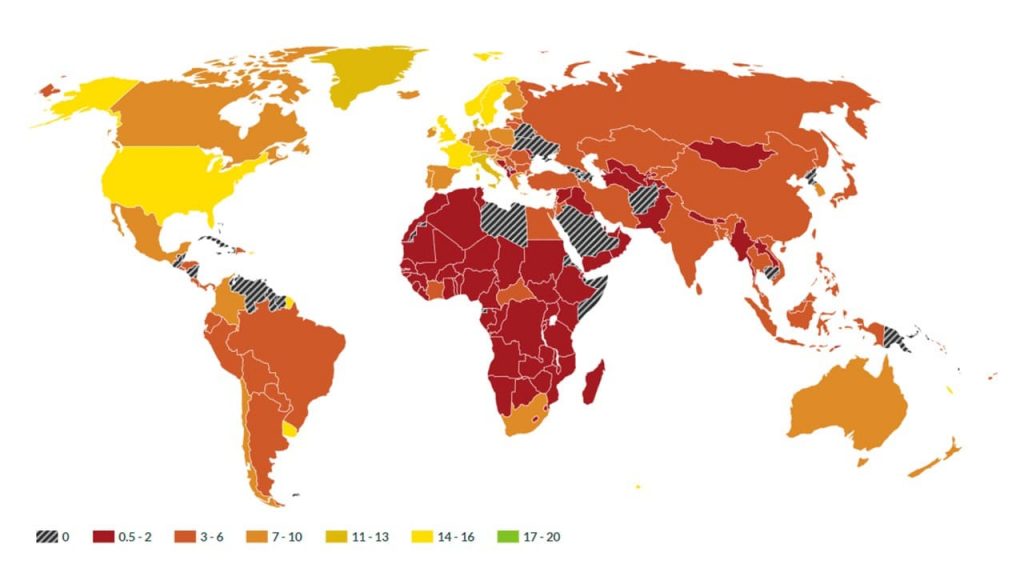
Joined with more extreme environment occasions like dry spells and floods, Malpass said the World Bank desires to work with less fortunate nations on further developing framework. “We need to have better food frameworks,” Malpass said.
The World Bank’s information shows that the expense of bringing in food is rising the quickest for the most obligated nations.
Building that framework will require drawing in capital, which Malpass said is another significant issue. With higher loan fees coming from the Central bank and other significant national banks, reserves are streaming out of less fortunate nations and into cutting edge countries ready to ingest the effect of higher expansion and meet more costly obligation troubles.
At the Jackson Opening gathering, Took care of Administrator Jerome Powell made the message clear that more loan cost climbs are coming. The European National Bank and the Bank of Britain, among other national banks, have conveyed comparative messages.
Higher interest will put less fortunate nations, regularly burdened with more costly obligation loads, in an even less beneficial situation to fund strategies to switch food uncertainty and neediness patterns.
“The imbalance comes from this designation of money to parts of the worldwide economy that as of now have sufficient capital,” Malpass said.
The World Bank boss said progressed economies ought to work with more unfortunate nations to rebuild their obligation in the midst of this “uneven worldwide framework.”

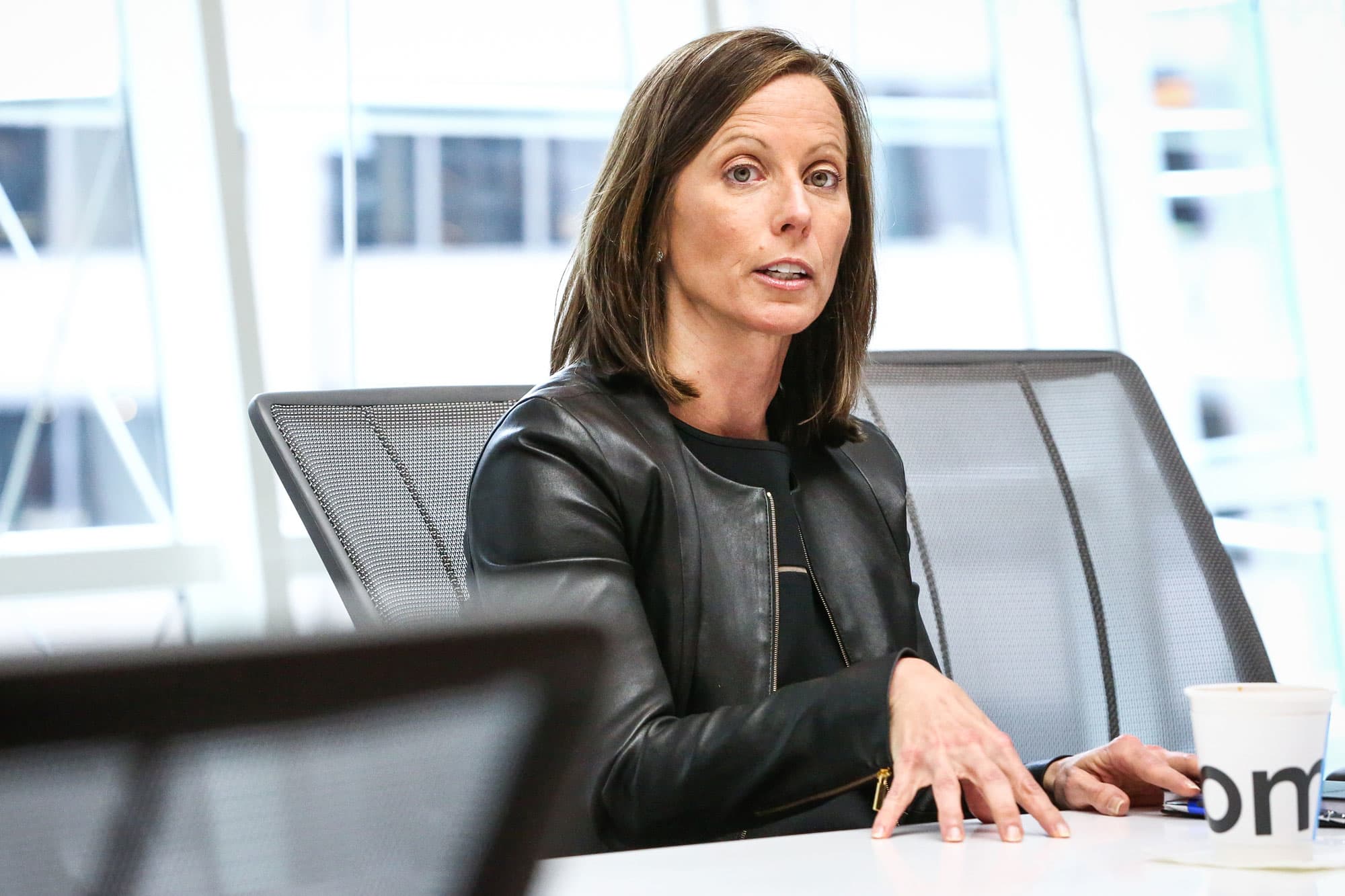 Global Ladies’ Day Nasdaq President Adena Friedman on propelling ladies to the C-suite
Global Ladies’ Day Nasdaq President Adena Friedman on propelling ladies to the C-suite 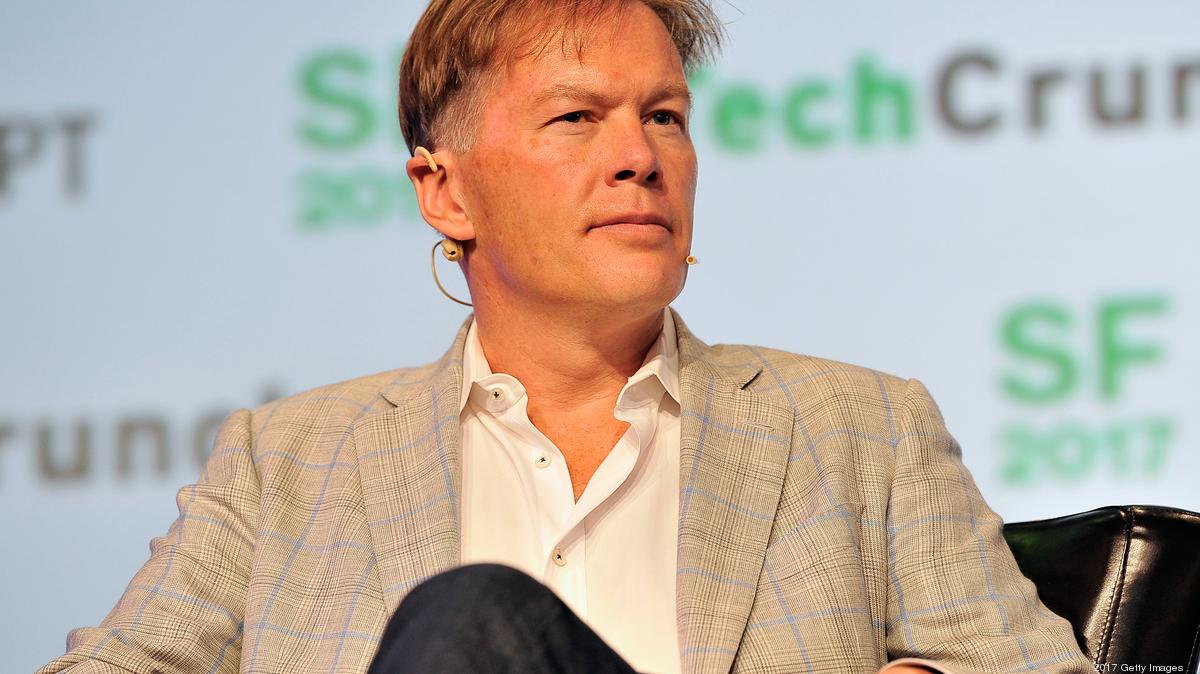 Blockchain absolutely free of Taken care of turn: crypto financial backer Dan Morehead
Blockchain absolutely free of Taken care of turn: crypto financial backer Dan Morehead  Dollar signs with rucksacks Understudy loan boss subtleties keeping savage schools from going after military veterans
Dollar signs with rucksacks Understudy loan boss subtleties keeping savage schools from going after military veterans 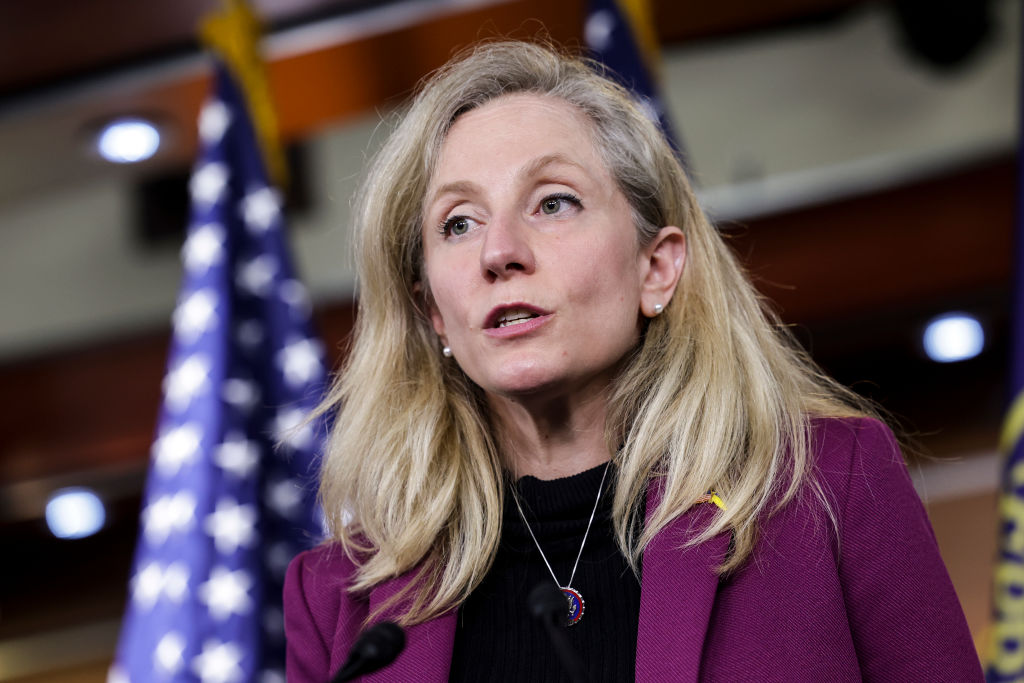 A bill to restrict Congress from exchanging stocks could be only weeks away
A bill to restrict Congress from exchanging stocks could be only weeks away 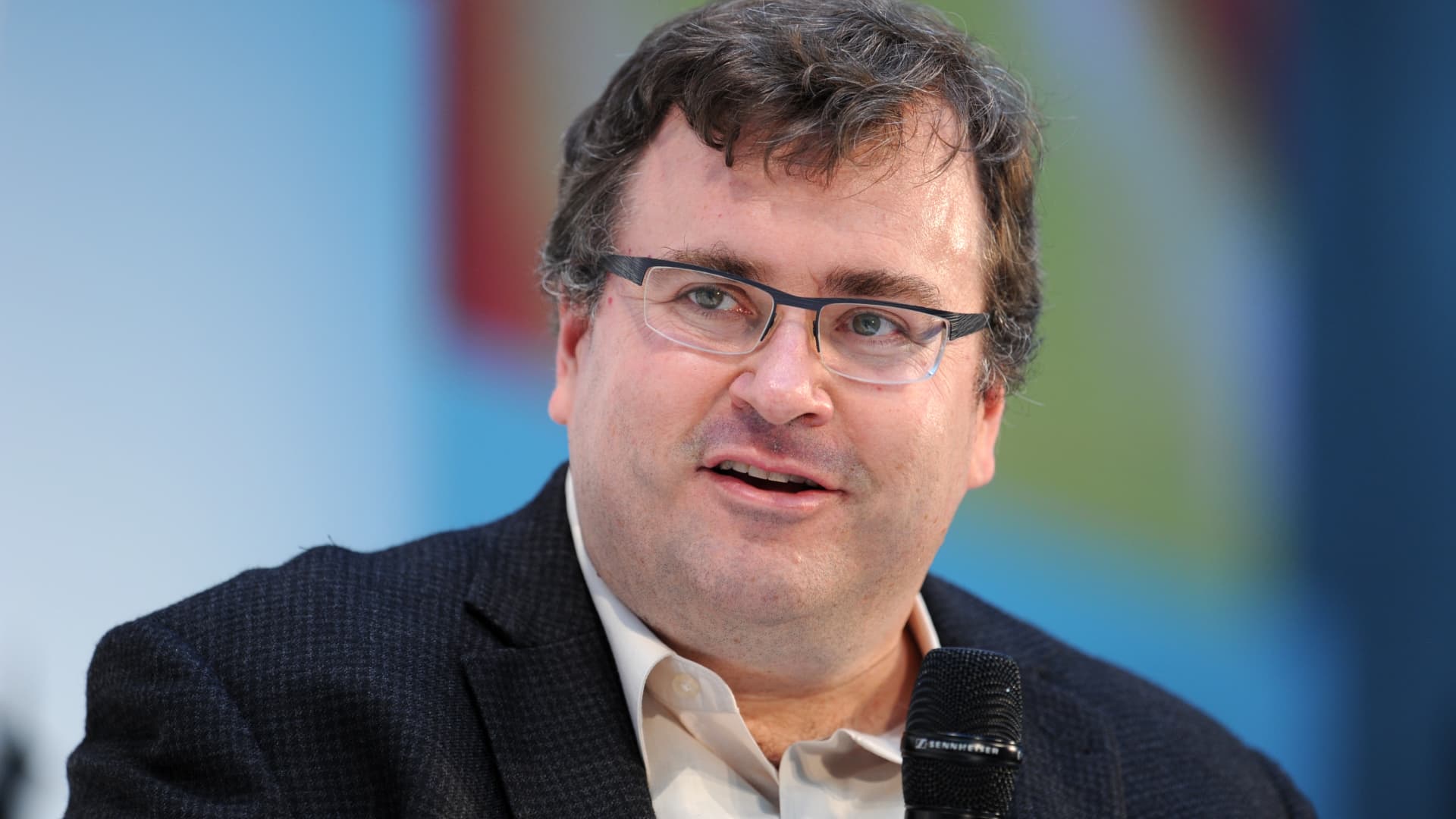 Linkedin Pioneer Reid Hoffman Elon Musk has a few smart thoughts for further developing Twitter
Linkedin Pioneer Reid Hoffman Elon Musk has a few smart thoughts for further developing Twitter 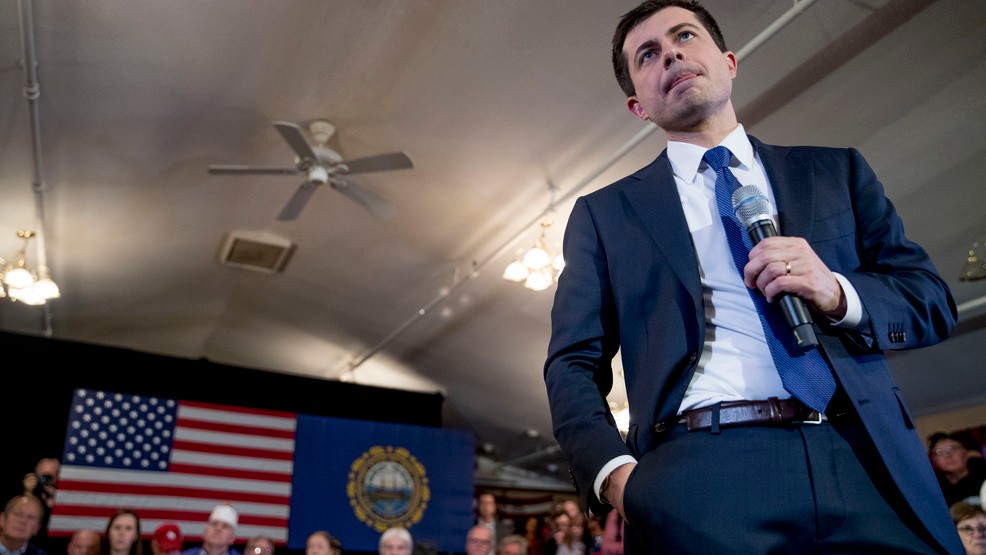 Pete Buttigieg is attempting to make flying these days less awful
Pete Buttigieg is attempting to make flying these days less awful